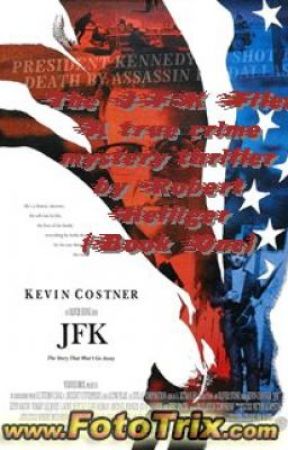I
The final thing US President Dwight Eisenhower did before leaving office was informing new US President John F. Kennedy about the growing Cuban crisis.
Before Fidel Castro came to power, Fulgencio Batista y Zaldívar, (January 16, 1901 – August 6, 1973), (two days after I was born), was the violent dictator in South America. He was Cuba's President, (1940-4); he ruled Cuba, (1952-9). In 1933, he overthrew Gerardo Machado y Morales (September 28, 1871, Camajuaní – March 29, 1939, Miami Beach, Florida, USA), who was Cuba's President, (1925-33), before emigrating to America for a better life.
II
While the young General Morales led "The Cuban Wars of Independence", (1868-78); (1879-1880); and (1895-8), he proved his mettle in war. Morales grew up in Las Villas (now Villa Clara), and became a leader of the Cuban community before entering the Military.
III
The Constitution of Cuba made Batista a long-term political icon. But, in the midst of WWII, he thirst for power was sliding down into the mire; Bastista was accused on corruption. And, in the end, it was Fidel Castro who took over Cuba. And, in doing so, reigned for a long time. And, when The Bay of Pigs saga begun, this proved a headache for the 44 year old President who recieved $US13 million dollars thanks to the out-going former US President Eisenhower, (since he knew that Cuba was a quote "Timebomb"), unquote.
IV
Even though Western readers know of Castro, Osvaldo Dorticós Torrado (April 17, 1919 – June 23, 1983), ran Cuba as President, (1959-76), for a staggering 17 years. He headed worked on many Cuban attacks against their enemies, (Castro was a Cabinet member). He was raised in a rich family. He grew up in Cienfuegos, Las Villas Province. Dorticós's father was a teacher for a short time before studying to be a physician and lawyer, (University of Havana), was a 1941 graduate.
The Popular Socialist Party, led by Juan Marinello, appealed to him. Despite his famous family upbringing, Dorticós practiced law in Cienfuegos. And was the Cienfuegos Yacht Club Commodore. After his involvement in the Civil Resistance Movement, he angered Batista who got him arrested; Dorticós became the Cuban Bar Association Dean earlier-and left Cuba for Mexico until Bastista was kicked out of Cuba for illegal activity.
By 1 January, 1959, Dorticós became "Minister of Revolutionary Laws", in Castro's Ministry. After overseeing important reforms, he became President of Cuba, (17 July, 1959), thanks to the ousted politician Manuel Urrutia Lleó (December 8, 1901 – 5 July 1981), who was against Gerardo Machado, and Fulgencio Batista. He was a laywer as well. After failing to get anywhere in Cuban politics, he left for America-but not before telling Castro about his resignation.
~~~
Page 19

YOU ARE READING
The JFK Files: A non-fiction book by Robert Helliger
Non-FictionThe true story of the 1963 assassination of US President John F. Kennedy. An account of the life and death of one of the most popular politicians our the 20th century by Robert Helliger. Rated PG-13 for some violence, sex references, some coarse lan...
